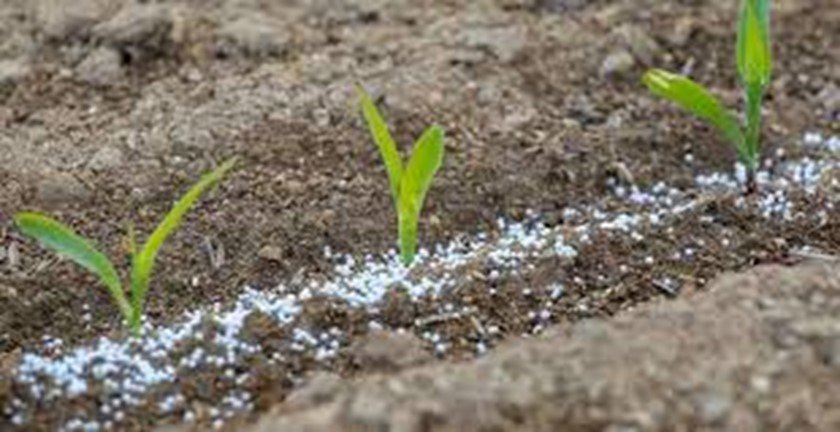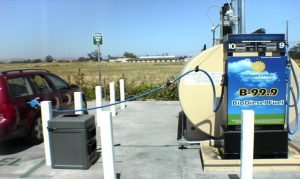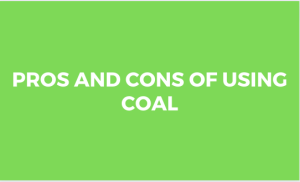Image source: plantcaretoday.com
A fertilizer is a substance added to soil to increase the nutrient value and promote plant growth. Organic fertilizers improve the soil quality whereas chemical fertilizers boost soil fertility. Fertilizers have negative effects in contaminating groundwater and the environment.
This article educates you on the pros and cons of using fertilizers.
Pros:
1. Support crop growth: Fertilizers give a quick boost to the soil by increasing nutrients in the soils. This results in the healthy growth of crops.
2. Increased harvesting: There is a huge economic benefit of using fertilizers in food production. They lead to increased harvest yields and reduce production costs.
3. Balance soil ecosystem: Using the right amount of fertilizers at the right time will have a positive impact on the environment and can help in conserving wildlife habitat.
4. Efficient source of nutrients: Potassium, phosphorous, and nitrogen components are easily dissolved to reach the crop cells quickly. This results in the efficient production of crops.
5. Inexpensive: Natural fertilizers are cost-effective and are created from dry leaves, debris, and animal manure among other sources.
6. Easy to transport: Synthetic fertilizers are easier to transport compared to organic fertilizers made of animal manure.
7. Crops grow fast and bigger: The nutrients contained in the fertilizer allow crops to grow faster and bigger compared to when grown normally.
8. Support human health: Micronutrient fertilizers enrich the crops with nutrients like zinc which are good for human health.
9. Reduce soil erosion: Organic fertilizers increase soil ability to hold water, increase the soil PH, and reduce soil erosion from wind and water.
10. Reliable: Chemical fertilizers are more reliable and predictable. They allow you to know which nutrients you’re supplying to the crops to stimulate growth.
Cons:
1. Water contamination: Nitrogen in fertilizers beaks down into a water-soluble substance known as nitrates. Accumulated nitrates affect the groundwater making it harmful for human consumption.
2. Burn crops: High acid levels in the fertilizer can burn the plant’s skin and the plants themselves. The acid can also have negative effects on the soil.
3. Depleted soils: Using synthetic fertilizer to supply only nitrogen, potassium, and phosphorous will deplete the soil with time. There will be a deficiency of other nutrients like magnesium in the crops grown on depleted soils.
4. Act as steroids for plants: Although fertilizers promote the plant’s growth, the plants can grow much faster than what their roots can sustain resulting in weak plants which are vulnerable to pests and diseases.
5. Chronic diseases: Cardiac disease, cancer, and respiratory problems may be caused by excessive air and water-borne nitrogen found in the fertilizers.
6. Interfere with natural soil ecology: Adding fertilizers to the soil to boost the nutrient value affects the natural growth of soil organisms and kills others which are beneficial in maintaining a healthy soil structure.
7. Death of marine life: If the contaminated groundwater is deposited into the rivers and lakes, it creates an influx of plant life. This leads to the death of marine life due to a lack of oxygen and food.
8. Toxic waste potential: Some fertilizers are made from recycled residual components in water treatment or pesticides. This results in adding toxic components like heavy metals into the soil which directly affect human life.
9. Cost: Commercial chemical fertilizers are more expensive compared to natural fertilizers.
10. Soil imbalance: Chemical fertilizers can build up in the soil causing a change in soil PH level and fertility. If the chemical components are not well mixed or you use too much, they can kill the crops.




decent bro
That is nice that nutrients from fertilizer can help the crops to grow faster. Maybe it would be good to get some fertilizer sometime soon for my garden. Then my crops would grow faster and bigger.
i like them big i like then chunkey
oOoOoO i want thicc plants